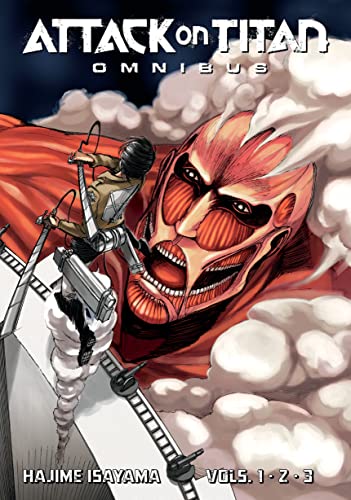Umami (Spanish Edition)
₱1,614.00
Product Description
Umami es el debut literario de Laia Jufresa y Publishers Weekly ya lo considera uno de los hot books del 2015.Ana quiere plantar una milpa en su traspatio, en pleno Distrito Federal. Pero en la tierra hay altos contenidos de plomo y la casa donde vive está plagada de ausencias. Su hermana murió, sus papás están de luto y sus hermanos de campamento; su única amiga se fue a buscar a quien la abandonó cuatro años atrás. Menos mal que queda Alfonso.
Alfonso es un antropólogo especializado en alimentación prehispánica. Es viudo y dueño de la pequeña urbanización Campanario. Él mismo la diseñó a partir de un esquema de la lengua humana y dio a las casas el nombre de cada uno de los cinco sabores que percibimos: Dulce, Salado, Amargo, Ácido y Umami.
En duelo, los habitantes de la comunidad desearían echar el tiempo atrás. Tejida al revés, esta novela se lo permite. Mientras Ana remueve la tierra y clava las semillas, sus vecinos hurgan en el pasado. Pero el traspatio de la memoria está minado con preguntas: ¿quién fue mi mujer? ¿Por qué se fue mi mamá? Y, ¿cómo es posible que se ahogara una niña que sabía nadar?
ENGLISH DESCRIPTION
Shortlisted for the Best Translated Fiction Book Award, 2017
“Ms. Jufresa: Where the f*#! did you learn to tell a story so well?” —Álvaro Enrigue, award-winning author of Sudden Death
As heard on NPR’s Weekend Edition with Scott Simon
It started with a drowning.
Deep in the heart of Mexico City, where five houses cluster around a sun-drenched courtyard, lives Ana, a precocious twelve-year-old who spends her days buried in Agatha Christie novels to forget the mysterious death of her little sister years earlier. Over the summer she decides to plant a
milpa in her backyard, and as she digs the ground and plants her seeds, her neighbors in turn delve into their past. The ripple effects of grief, childlessness, illness and displacement saturate their stories, secrets seep out and questions emerge — Who was my wife? Why did my Mom leave? Can I turn back the clock? And how could a girl who knew how to swim drown?
In prose that is dazzlingly inventive, funny and tender, Laia Jufresa immerses us in the troubled lives of her narrators, deftly unpicking their stories to offer a darkly comic portrait of contemporary Mexico, as whimsical as it is heart-wrenching.
Review
“Jufresa directly appeals to any reader who was once a 12-year-old girl obsessed with Agatha Christie (*cough* me), but also, and
truly, this is a gorgeous book that meditates on loss and grief, healing and redemption, and also offers an enchanting look into life in contemporary Mexico.”
–Nylon
“As translated by the great Sophie Hughes, Mexican author Laia Jufresa’s debut novel UMAMI is a kalaeidoscope. In four parts, five characters tell the story of the last four years within their hovel of Mexico City, the Belldrop Mews. The millennium arrives and leaves trauma in its wake: Pina’s mother leaves, six-year-old Luz drowns on a family vacation, and Dr. Vargas Vargas, famed cardiologist, dies from pancreatic cancer.
But UMAMI is not a dystopian treatise or hipster metafiction. It is not one of those books about a group of people who come together and decide that life is good because they laughed at the same joke at some picnic. The Belldrop Mews folk–though they see each other every day, though they share their separate grief–are not a family. They are fragments of four separate families struggling through their own fog….
Grief, though, is neither defined by culture nor constrained by time. Yes, Jufresa could have written Umami the ‘normal’ way–a single perspective in chronological order with first person the whole way through–instead of this backwards telescope, alternating voices and switching perspectives between first and close third. That version of Umami would be a dark, bitter thing, like molasses in the coffee grounds. Instead, Jufresa and Hughes offer a version that is complex without weight, a sa











